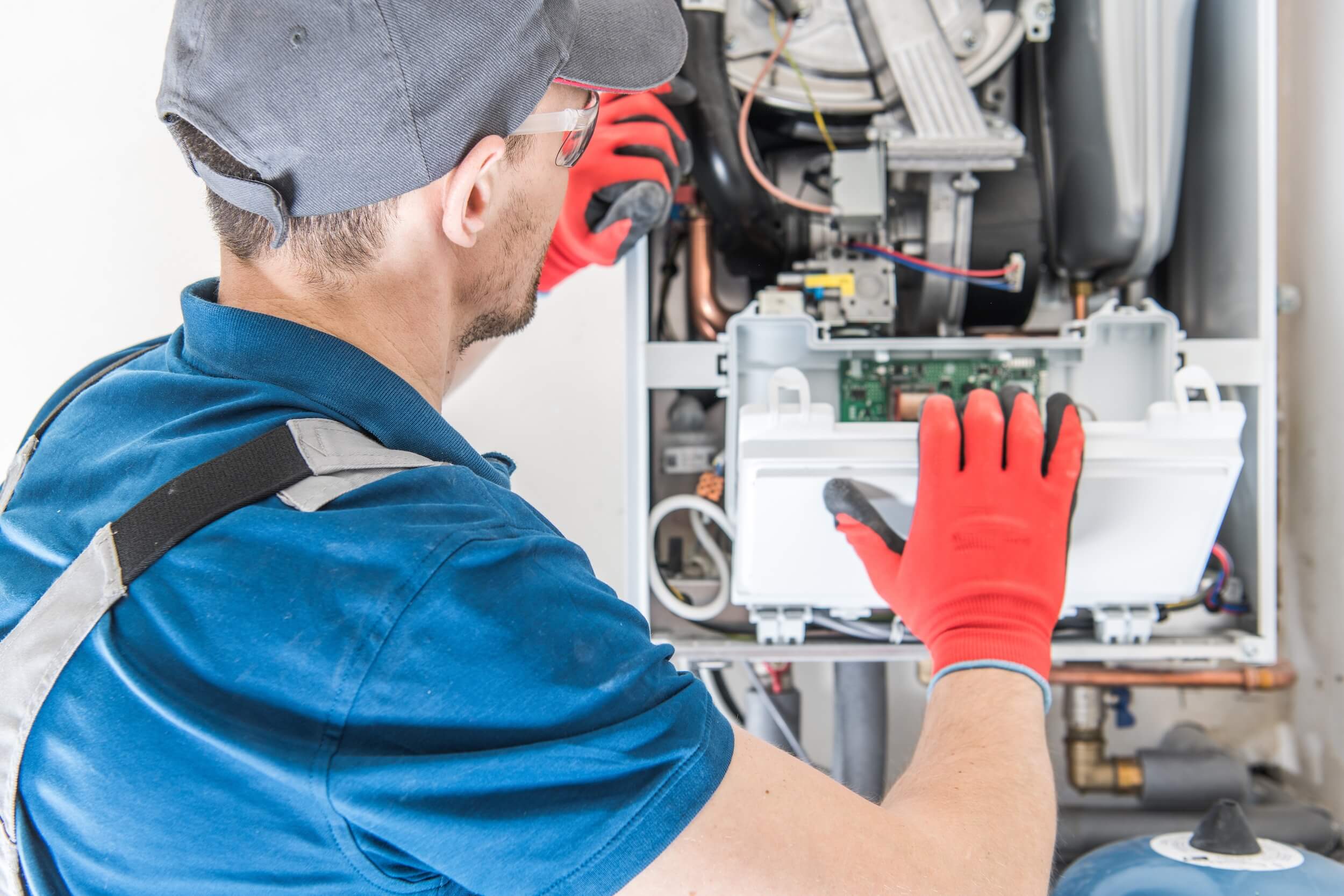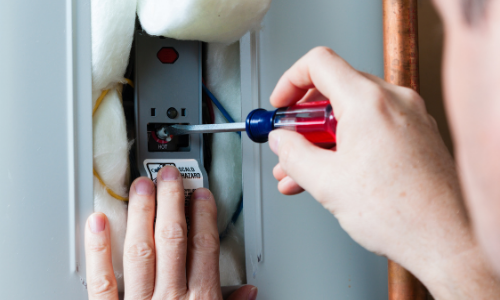Tackling the Most Frequent Hot Water Heater Emergencies
Tackling the Most Frequent Hot Water Heater Emergencies
Blog Article
The content in the next paragraphs about Warning Signs You Need Water Heater Repairs is truly enlightening. Try it and draw your own assumptions.

A hot water heater is one of the most essential fundamental appliances that can be located in a residence. With water heaters, you do not require to undergo the tension of home heating water manually every time there is a requirement to wash, wash, or the recipes. There is constantly an opportunity that your water heating unit would act up as with most mechanical devices.
It is very important to note any kind of little breakdown and tackle it quickly prior to things leave hand. Most times, your water heater begins to malfunction when there is a build-up of sediments as a result of continuous usage. As a safety measure, regular flushing of your hot water heater is suggested to prevent debris accumulation and prevent practical failure.
Common water heater emergency situations and just how to take care of them
Dripping hot water heater tank.
In this circumstance, you must turn off your water heater, allow it to cool down, and meticulously look for the source of the problem. At times, all you require to do is to tighten a couple of screws or pipeline connections in situations of small leaks. If this does not work and the leak lingers, you might require to utilize the services of a specialist for an ideal replacement.
Changing water temperature level.
Your water heater might start generating water of various temperature levels normally ice cold or scalding hot. There might be a requirement to change either the thermostat or the heating unit of your water heating system.
Inadequate hot water
Managing an inadequate supply of hot water can be aggravating. It may be that the hot water heater can't sustain the hot water demand for your house. To handle this problem, you could attempt to readjust your heating unit's temperature dial as well as await a couple of mins. If the issue persists, you can request for the aid of a specialist plumber. You might update your water heating system to one with a larger capacity.
Discolored or smelly water
When this takes place, you require to recognize if the problem is from the storage tank or the water source. If there is no funny smell when you run cold water, then you are specific that it is your water heater that is faulty. The smelly water can be caused by corrosion or the build-up of bacteria or sediments in the water heater tank. When you notice this, you can attempt flushing out your tank or changing the anode if the issue persists. The feature of the anode is to clear out germs from your storage tank. Since the anode pole replacement requires a detailed understanding of your water heating unit, you will certainly need the assistance of an expert.
Conclusion
Some property owners disregard little warning and minor faults in their water heater unit. This just leads to more damage and a feasible total malfunction of your home appliance. You need to handle your water heater mistakes as soon as they come near prevent more costs as well as unnecessary emergency problems.
With water heating systems, you don't require to go with the tension of home heating water manually every time there is a requirement to take a bathroom, do the washing, or the recipes. Your water heating system might start creating water of different temperature levels generally ice cold or hot hot. It might be that the water heating unit can't support the warm water demand for your house. If there is no funny smell when you run chilly water, then you are certain that it is your water heating unit that is faulty. The smelly water can be caused by rust or the accumulation of microorganisms or debris in the water heating unit storage tank.
Common Water Heater Issues and What You Should Do
What Type of Water Heater Do You Have?
Before we begin it’s first important that you identify the type of water heater you have on your property. There are two main types of water heaters out there: conventional and high efficiency.
Both of these types of products typically use either gas or electricity to heat power. There are also solar water heaters that use a thermal collector on the roof or yard to heat the water.
While these models are not as common, they can cut heating costs in half. In this article, we will focus on conventional and high efficiency.
How Do My Electric and Gas Water Heater Work?
Though they look similar, electric and gas water heaters work very differently. It’s important to know their basic function because often problems can be specific to the heating source.
In the electric model, a thermostat on the side of the machine detects the temperature of the water in the tank. When the temperature needs to rise electricity flows to a heating element suspended in the water.
Gas models also use a thermostat device — typically with a mercury sensor at the tip and an additional sensor called a thermocouple. The thermocouple detects whether the pilot light is on and controls the flow of gas.
When the thermostat drops below the appropriate level gas is released which becomes ignited by the pilot light. The flame heats the bottom of the water tank which causes hot water to rise and cold water to drop.
This natural circulation continues until the water reaches the desired temperature. Then, the thermostat triggers the gas control valve to shut off the flow of gas.
What Are the Most Common Issues and How Do You Fix Them?
https://happyhiller.com/blog/common-water-heater-issues-and-what-you-should-do/

Hopefully you liked our section on The Importance of Water Heater Maintenance. Thank you for spending some time to browse our content. Appreciated our blog? Please share it. Let others discover it. Thank you for going through it.
Contact Report this page